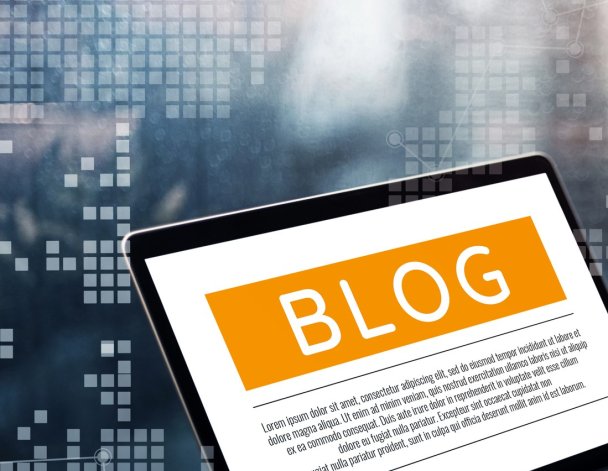Earth Day represents environmental stewardship, among other values of sustainability. So, today, I’ll reiterate what the industry has underscored recently to the Biden Administration and Congress: we are committed to working toward a net-zero carbon transportation future that includes a shift to electric-drive vehicles.
If you have been observing the auto industry recently, you know that with every technological breakthrough, whenever a new EV charging station is installed, and each time another EV model hits the market, we are moving one step closer to a cleaner, safer, and smarter future for personal transportation.
In our latest Future Driven webinar, “Accelerating the Electric Vehicle Market in the U.S.,” I discussed the opportunities and challenges of accelerating the EV market in the United States with a panel of industry experts. The primary takeaway from our discussion was this: to encourage widespread adoption of clean driving technology, a comprehensive approach led by both industry and government is essential.
The auto industry is doing its part. With over $250 billion committed through 2023 to developing zero-emission vehicles, the industry is accelerating its path to electrification in the U.S. and actively working to increase the number of battery, plug-in hybrid, and fuel cell electric vehicles available in the marketplace. What we are bringing to showrooms is more models in more sizes, price points, utility, functions, and options. There are EVs to fit every customer’s needs – and this is key to growing customer acceptance.
Today there are more than 50 different EV models available across the U.S, and we expect to see 130 models of electrified vehicles available for sale by 2026. Yet, despite the increase of EV models available to consumers, electrified vehicles accounted for only 2 percent of sales last year.
I’ve been asked why the U.S. auto industry – from manufacturers, to suppliers, to battery developers – is moving assertively toward an electric-drive future. The answer, to paraphrase the business leaders at our recent webinar discussion, is threefold: to reduce emissions, to advance automotive technology and to be globally competitive. If we do this thoughtfully, we’ll create new economic opportunity and support the American workforce. If we don’t, we could lose out to other countries. This is where involvement by the government and other stakeholders comes in.
We outlined much of this in our recent Innovation Agenda. The agenda represents a comprehensive vision of the key policies necessary to support U.S. automotive leadership at this transformative moment. Recommendations include incentivizing research and development, modernizing regulatory approaches for advanced technologies, supporting manufacturing investments, and encouraging workforce evolution. To encourage equity-based solutions and consumer awareness and demand, the report outlines the need for measures to address EV affordability, infrastructure investment, EV-ready building codes, and ways for governments to lead by example.
We have had an opportunity to discuss these recommendations with the Biden administration and see much alignment in the policies of the President’s American Jobs Plan that support the EV transformation.
After his conversation with Chinese President Xi Jinping, President Biden expressed concern that the U.S. is lagging behind China in EV adoption. The president has made U.S. manufacturing of batteries and EVs a priority, evidenced by his recent executive order focused on supply chains – including semiconductors, critical minerals, and high-capacity batteries.
In my conversations with members of Congress, preserving our economic security and winning the technology competition with China are matters of bipartisan agreement. A comprehensive approach to supporting the industrial and workforce transformation, as well as infrastructure development and access to clean-vehicle technologies for all will secure our economic future and support American workers and consumers.
On this Earth Day, we celebrate the tremendous progress we have made on transportation sustainability, and recommit ourselves to working together toward an even cleaner, safer, smarter automotive future.

